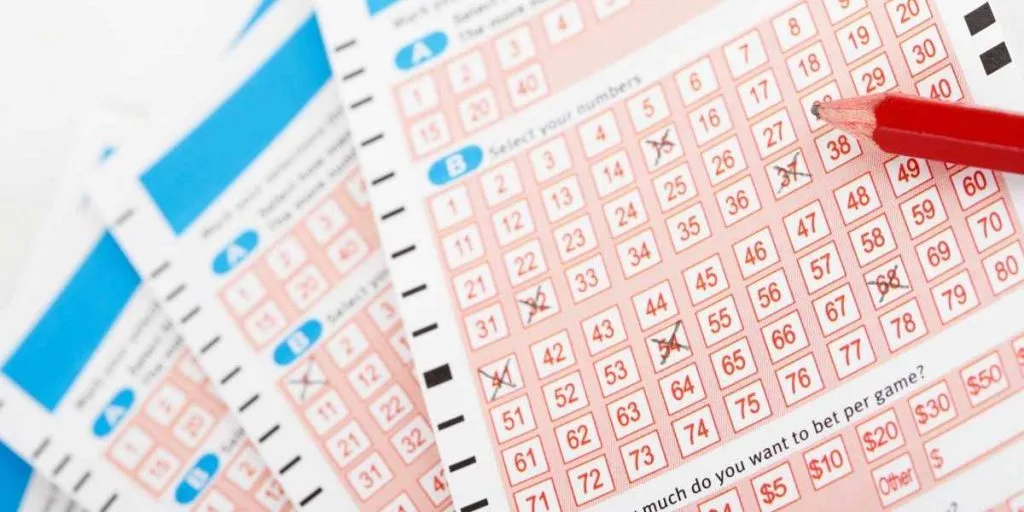The lottery is a game of chance that has captivated millions around the world, offering the tantalizing prospect of life-changing wealth. But how much of winning the lottery is truly down to luck? In this article, we delve into the role of luck from a statistical perspective, examining the odds and exploring whether any strategy can enhance one’s chances of winning.
Understanding Lottery Odds
Every lottery game is designed with specific odds, which dictate the likelihood of winning. These odds are often astronomical. For example, the odds of winning the jackpot in a major lottery like the US Powerball are approximately 1 in 292 million. Such figures make it clear that luck plays a dominant role in the outcome of lottery draws.
Despite the slim chances, many people continue to play, driven by the hope of defying the odds. Understanding these odds is crucial for any player, as it frames expectations and highlights the reality of winning. The rarity of winning is a fundamental aspect of lottery design, ensuring the game’s profitability and sustainability.
The Illusion of Control: Can Strategies Improve Your Chances?
Some players believe that using certain strategies, such as selecting numbers based on past draw results or using personal lucky numbers, can improve their chances of winning. However, lotteries are fundamentally random, and each draw is independent of previous ones. Statistical analysis confirms that no number has a higher probability of being drawn than any other.
While some strategies might offer a psychological sense of control or participation, they do not affect the underlying odds. Every ticket has the same chance of winning, regardless of the numbers chosen. This reinforces the role of luck as the primary factor in lottery success.
Case Studies: Instances of Unlikely Wins
There are numerous stories of individuals winning the lottery multiple times, which might lead some to question the role of luck. However, these cases are statistical anomalies. The overall probability of winning multiple times is extraordinarily low, akin to lightning striking the same place twice.
Statisticians emphasize that such occurrences, while rare, are within the realm of possibility due to the sheer number of people playing lotteries globally. These instances serve as a reminder of the unpredictable nature of luck.
Luck, by its very nature, is unpredictable and cannot be influenced by human actions. The few who defy the odds highlight the randomness that defines lotteries, underscoring that these games are not designed to be won through skill or strategy.

The Psychological Appeal of Playing the Lottery
Despite the overwhelming odds against winning, people continue to participate in lotteries. The allure lies in the hope and excitement that each ticket holds. For a modest investment, players buy a dream—no matter how improbable, the chance of winning brings joy and anticipation.
Psychologists suggest that the appeal of the lottery is rooted in the concept of ‘hope against all odds’. The very improbability of winning is what makes the dream so powerful. It is this dream that keeps millions of people buying tickets, driven by the slim chance that luck might favor them.
Embracing the Role of Luck
In conclusion, while many aspects of life involve elements of skill and strategy, the lottery is overwhelmingly governed by luck. The statistical odds underscore the randomness of the game, and no amount of strategy can alter the fundamental probabilities.
Players should embrace the lottery for what it is: a game of chance that offers a momentary escape from everyday life, a spark of hope, and a dream of what might be. In the world of lotteries, luck reigns supreme, and that is what makes it so fascinating to millions.